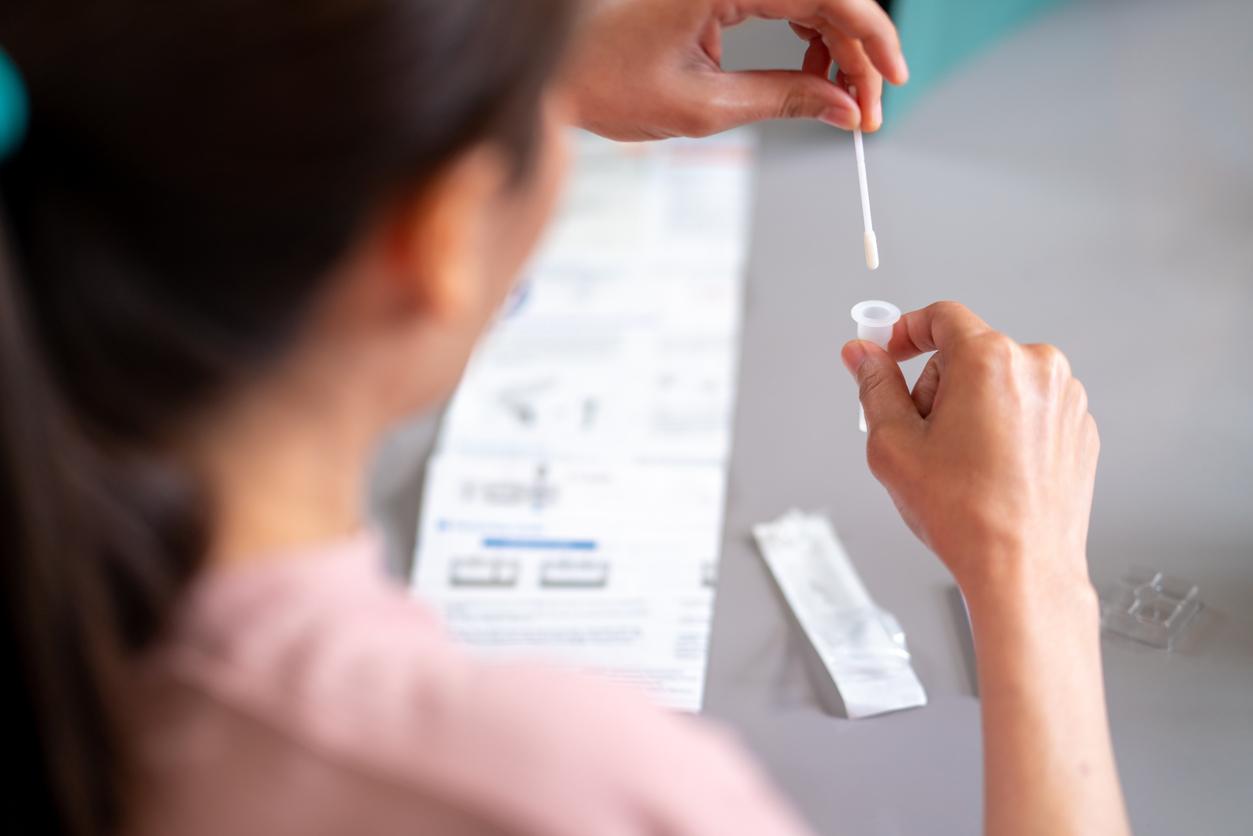A new era of cohabitation with the Covid-19 opens this Monday, May 11, with its travel rules. Overview of what you need to know.

- No need for a certificate for local trips, whatever their reason
- For a distance greater than 100 kilometers, “compelling” reasons and proof are required
- In Ile de France, a certificate is required for public transport during peak hours
Forget exit certificates. After 55 days of travel restrictions and the 26,380 deaths to be deplored due to Covid-19, the French can circulate again under certain conditions. Everyone can now move between their home and their work, to go shopping, to walk and even to “see the landscape”, but only up to 100 km as the crow flies around their home. A breath of oxygen. However, be careful not to forget to travel, for these “long distances”, with proof such as an identity document, a checkbook, proof of car insurance or an invoice.
The 100 km standard
However, the inhabitants of departments extended by more than 100 km, such as Guyana, Landes or Marne, benefit from a tacit derogation if they remain in their department.
For all the others, in order to cross this barrier of 100 km while remaining in good standing, you must have a certificate. — not yet available this Monday morning. On this document, you must justify your trip for professional or compelling family reasons such as “a death, assistance to a vulnerable person or the exercise of his profession as a transporter, for example.” Failure to comply with this rule results in a fine of €135.
The government, prevented from cracking down on Monday because of the “hiccup” over the extension of the law on the state of health emergency, announces that the police will carry out the first checks on Tuesday.
Mandatory mask in shared transport
The use of public transport is more restrictive. Any traveler over the age of 11 is required to wear a mask in public transport, trains, taxis, VTC, carpooling vehicles (in the absence of a physical barrier) and planes.
To avoid the acceleration of the spread of the virus in transport, operators ask travelers to respect barrier gestures. To implement social distancing, the transport authorities condemned one out of two seats and set up markings on the ground. The government promises that “certain stations and stations may be closed in the event of overcrowding”. Sixty stations have already been condemned on the RATP networks.
Supporting documents during peak hours in Ile de France
Finally, to limit travel during peak hours, the government is asking that public transport be reserved for home-work journeys, medical appointments and school journeys. Exception in Île-de-France where you will have to justify your trip during rush hour only (6:30 a.m. to 9:30 a.m. and 4 p.m. to 7 p.m.). You will need to have a certificate from your employer or of a self-attestation. The RATP constantly invites users “to use alternative transport and to limit their use of public transport so as not to clog the network”.
In the event of non-wearing of a mask, access to a TGV without reservation or in the event of use of public transport in the Ile-de-France region without a certificate, people may be sanctioned with a fine of 135 €.
.

















